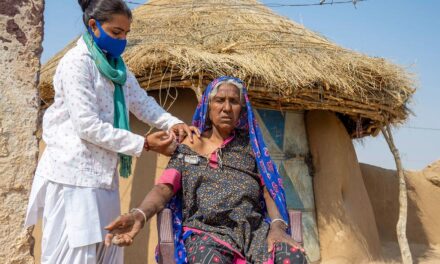Recent discoveries at the University of California San Diego could revolutionize microbiome research, potentially resolving a longstanding issue of replicability in studies. The human body hosts trillions of microorganisms, each contributing uniquely to individual health. Factors like diet, environment, and exercise have long been known to influence the gut microbiome. Now, a groundbreaking study published in Nature Metabolism reveals that the time of day samples are collected may be just as critical.
Lead researcher Dr. Amir Zarrinpar and his team found that the composition of gut microbes varies significantly throughout the day. This daily fluctuation means that a stool sample taken in the morning could yield entirely different results compared to one taken in the evening. Such variability has profound implications for the reliability and reproducibility of microbiome research, contributing to what has been termed a replicability crisis in the field.
“Our findings suggest that the timing of sample collection is a crucial factor that has been overlooked in many studies,” explains Dr. Zarrinpar, a gastroenterologist and associate professor at UC San Diego School of Medicine. “Researchers may unknowingly attribute differences in microbiome composition to other factors when, in fact, it could simply be due to the time of day the sample was collected.”
To underscore the impact of timing, the researchers analyzed previous studies and conducted their own experiments with mice, revealing that nearly 80 percent of the microbiome can change within hours of a meal. This rapid fluctuation underscores the need for standardized guidelines in sample collection protocols across microbiome research.
Dr. Zarrinpar’s motivation for the study stemmed from anecdotal evidence within the research community. “We heard stories of researchers being unable to replicate findings, only to realize later that differences were linked to the time samples were collected,” he recalls. These inconsistencies highlight the urgent need for transparency in reporting sample collection times, a step advocated by Zarrinpar and his colleagues to enhance the rigor and reliability of microbiome studies.
Moving forward, Dr. Zarrinpar plans to collaborate with stakeholders including fellow researchers, funding agencies, and journal editors to establish standardized guidelines for microbiome research. By addressing the impact of timing on microbiome composition, he hopes to restore confidence in study reproducibility and advance understanding across related fields such as metabolism research.
The study was supported by grants from the National Institutes of Health, the Soros Foundation, and the American Hospital Association, underscoring its broad implications for public health and biomedical research. Co-authors on the study include researchers from UC San Diego and the University of Wisconsin-Madison, reflecting the interdisciplinary nature of microbiome research.
As the scientific community grapples with these findings, the call for stricter reporting standards from institutions like the NIH grows louder. By acknowledging and mitigating the influence of timing in microbiome studies, researchers aim to pave the way for more robust and reliable scientific discoveries in the future.












